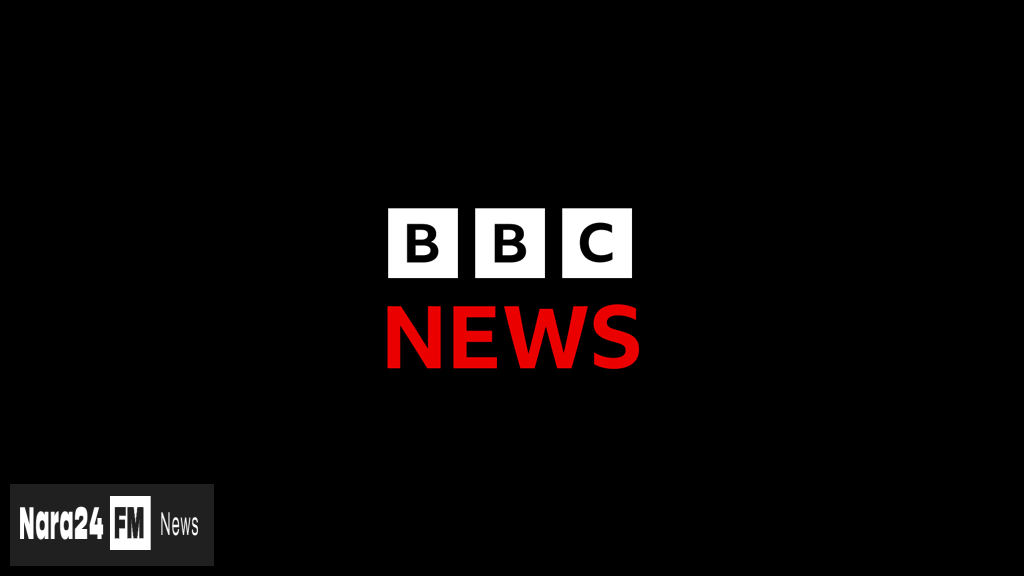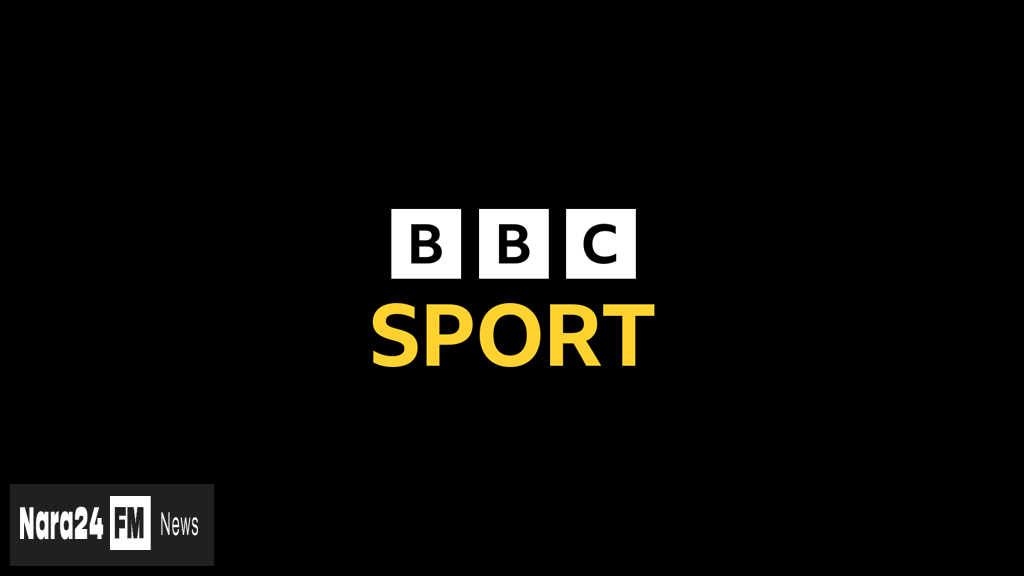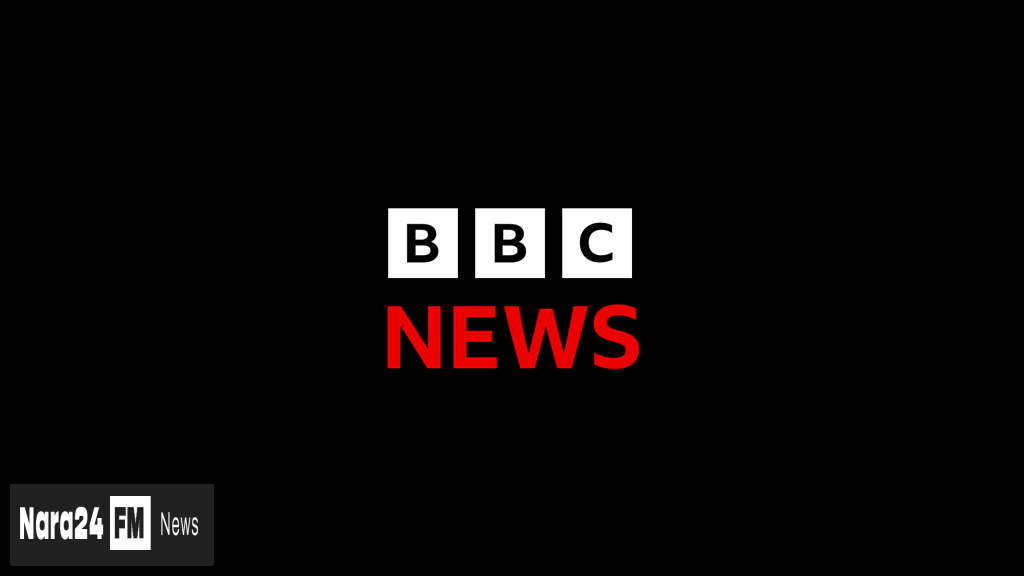In This Article
- UN Calls for Immediate Gaza Aid Access
- Humanitarian Crisis Worsens Amid Aid Restrictions
- Journalists in Gaza Face Starvation Risks
- Global Developments: Politics, Health, and Conflict
- Additional News Highlights Across Sectors
Key Takeaways
- The UN has demanded Israel allow immediate access for 6,000 aid trucks to Gaza, as current aid levels are insufficient to address the worsening humanitarian crisis.
- Israel claims 800 aid trucks are already inside Gaza, but the UN disputes this, citing severe shortages of food, medicine, and fuel in the territory.
- Journalists in Gaza, including BBC staff, face extreme risks, including starvation, as the conflict intensifies and access to supplies dwindles.
- The humanitarian crisis in Gaza is escalating rapidly, with dire conditions exacerbated by restricted aid and ongoing conflict.
The United Nations humanitarian agency has urged Israel to allow immediate access for thousands of aid trucks to Gaza, warning that only a "trickle" of assistance is currently reaching the territory. As of the latest reports, approximately 6,000 lorries loaded with essential supplies are ready to enter Gaza, but Israeli restrictions continue to impede their passage.
Israel maintains that 800 trucks are already positioned inside Gaza, awaiting collection by local authorities. However, the UN insists that the current flow of aid is insufficient to address the escalating humanitarian crisis. The organization has expressed deep concern over the dire conditions in Gaza, where food, medicine, and fuel shortages worsen by the day.
Journalists working in Gaza are also facing extreme hardship, with BBC and other news agencies issuing warnings about the risk of starvation among media personnel operating in the region. The safety and well-being of journalists have become a growing concern as the conflict intensifies.
While this crisis unfolds, other major developments include the naming of the victims in a recent Northern Ireland shooting and the launch of a new political party by Jeremy Corbyn. A health study suggests that 7,000 daily steps—not just 10,000—may be enough to yield significant health benefits, while a court in Somerset convicted a father of murdering his premature infant.
Thailand and Cambodia’s ongoing border dispute has resulted in fresh clashes, and a doctors’ strike in the UK threatens to strain the NHS further. Cricket fans saw a strong start by England against India, and the government acknowledged public frustration over asylum seeker housing policies.
For more updates on these and other stories, visit the BBC News website or adjust your location settings to receive regional-specific coverage.
Sources: BBC News, UN Humanitarian Agency, Israeli Government Statements








Comments (0)
Leave a Comment
Be the first to comment on this article!